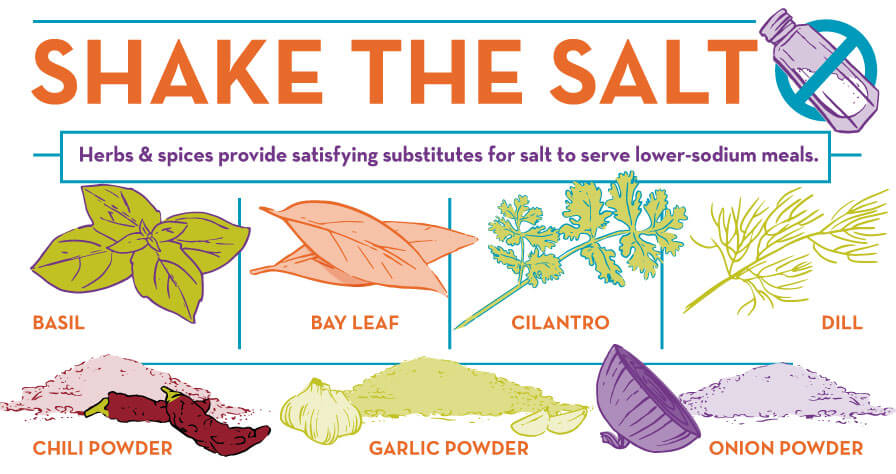Smoking and Heart Disease

How Does Smoking Cause Heart Disease?
Most people have heard that there’s a link between being a smoker and heart problems. But why does smoking cause heart disease? There are a number of reasons.
For example, the chemicals in tobacco smoke damage blood vessels, which can lead to the development of atherosclerosis. This is a condition in which a fatty substance called plaque builds up in your arteries and narrows them, making it harder for your heart to move blood around the body. This can cause damage to the heart and organs that aren’t getting sufficient blood supply. Smoking can also damage blood cells and lower the amount of “good” cholesterol in the body.
Heart Diseases Caused by Smoking
There are a number of heart diseases caused by smoking. They include:
- High blood pressure. As the heart works harder to move blood through clogged arteries, blood pressure increases. High blood pressure is especially dangerous, as its symptoms are hard for individuals to detect and if left untreated, it increases the risk of other serious health problems. If blood pressure gets severely high, you may experience headaches, vision problems, chest pain, blood in your urine, and difficulty breathing.
- Stroke. Excessive pressure on blood vessels can cause them to rupture. If this occurs in the brain, it’s called a stroke. This life-threatening condition produces symptoms like sudden numbness or weakness in the face, arms or legs, especially on one side of the body. It can also cause blurred vision, dizziness, and loss of coordination.
- Peripheral Artery Disease (PAD). When plaque builds up in the arteries that carry blood to the limbs, symptoms like painful cramping in the legs, numbness or tingling in the legs or feet, and sores on the toes and feet can occur.
- Chronic Obstructive Pulmonary Disease (COPD). This condition of the lungs is caused by smoking and can go on to affect the heart, sometimes leading to heart failure. Symptoms of COPD include shortness of breath, frequent coughing, wheezing, and tightness in the chest.
If you smoke, you should be aware of the symptoms of heart disease from smoking. Smoking also increases the risk of lung cancer and other cancers.
Solutions to Smoking and Heart Disease
While smoking and heart disease go hand-in-hand, quitting smoking provides immediate and long-term benefits, including that you’ll:
Feel Better
Very quickly you’ll begin coughing less, have fewer sore throats and have more energy. You’ll also notice an improvement in your senses of smell and taste.
Reduce Your Risk of Cardiovascular Disease
Quitting smoking decreases your risk of dying from heart disease by as much as 50%. It also reduces your risk of conditions like PAD and high blood pressure.
Reduce Your Risk of Other Health Problems
By quitting smoking, you lower your risk of a wide range of medical problems, including gum disease, ulcers, asthma, emphysema, and lung cancer.
Live Longer
The earlier you quit smoking, the more years you add to your life.
Learn More About Smoking and Heart Disease from Baptist Health
Learn more about heart care from Baptist Health. Take a Health Risk Assessment (HRA) questionnaire to estimate your personal health risk and identify your risk factors for heart disease.



